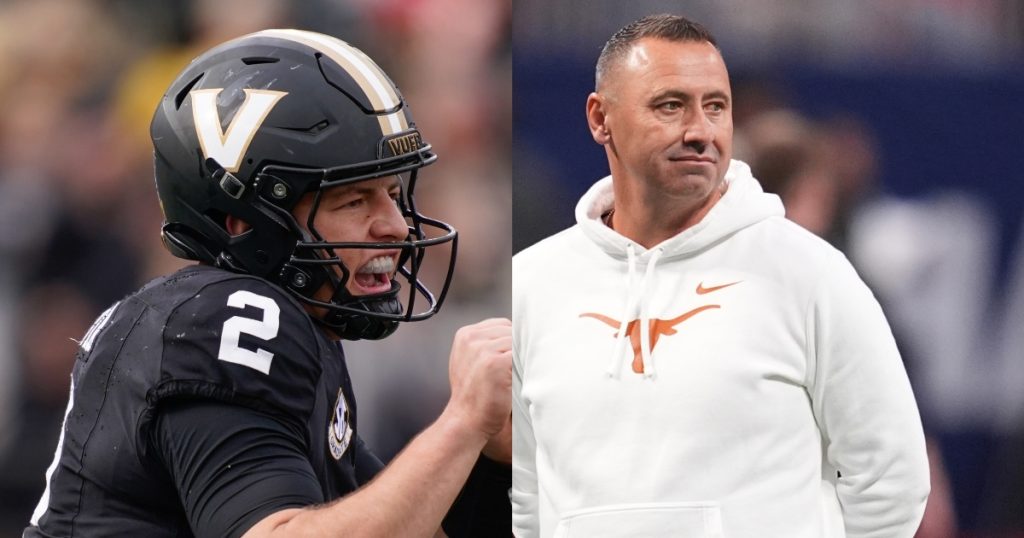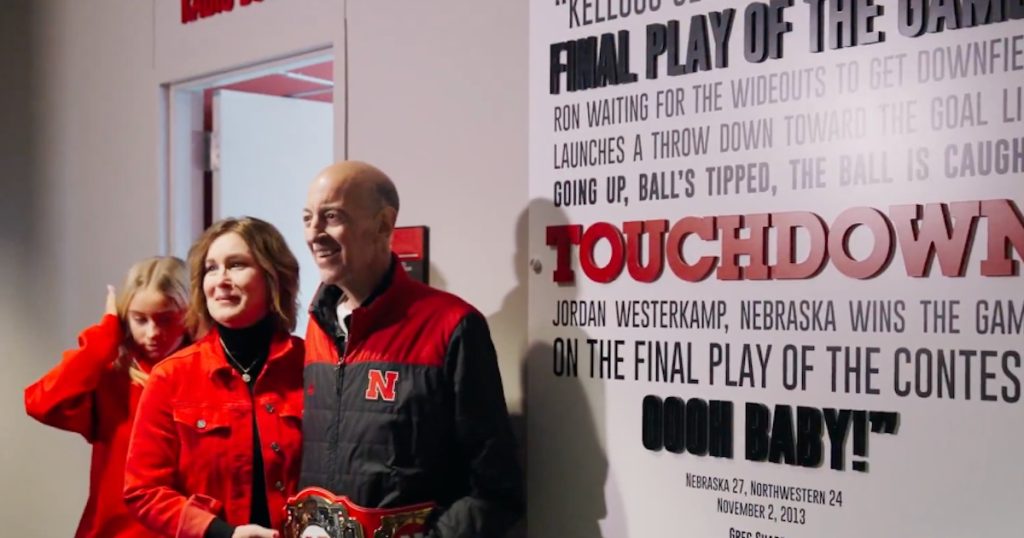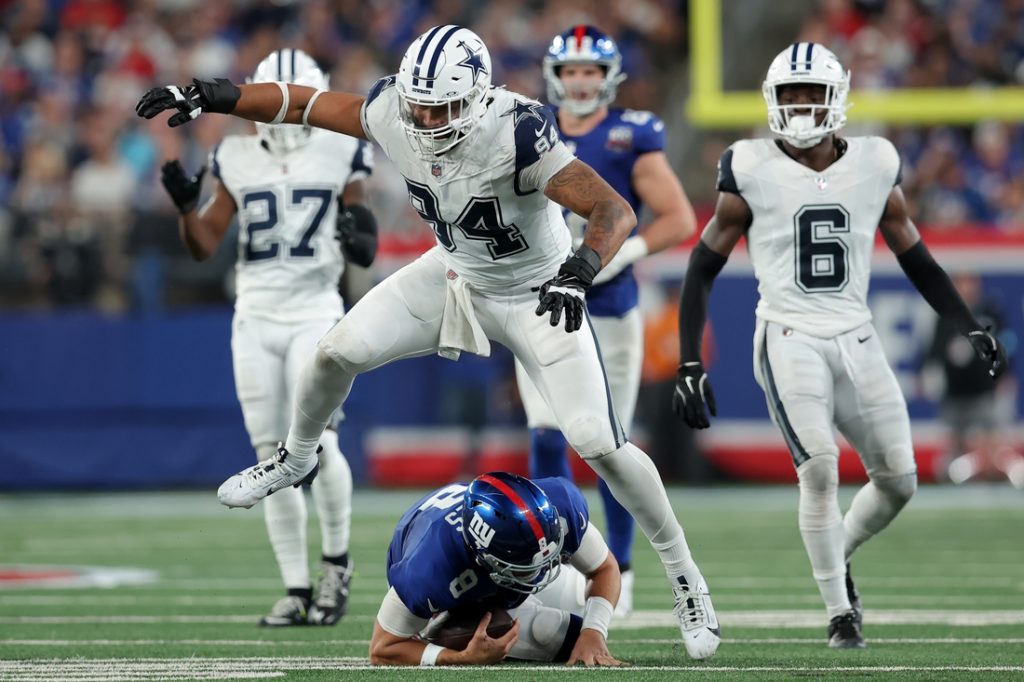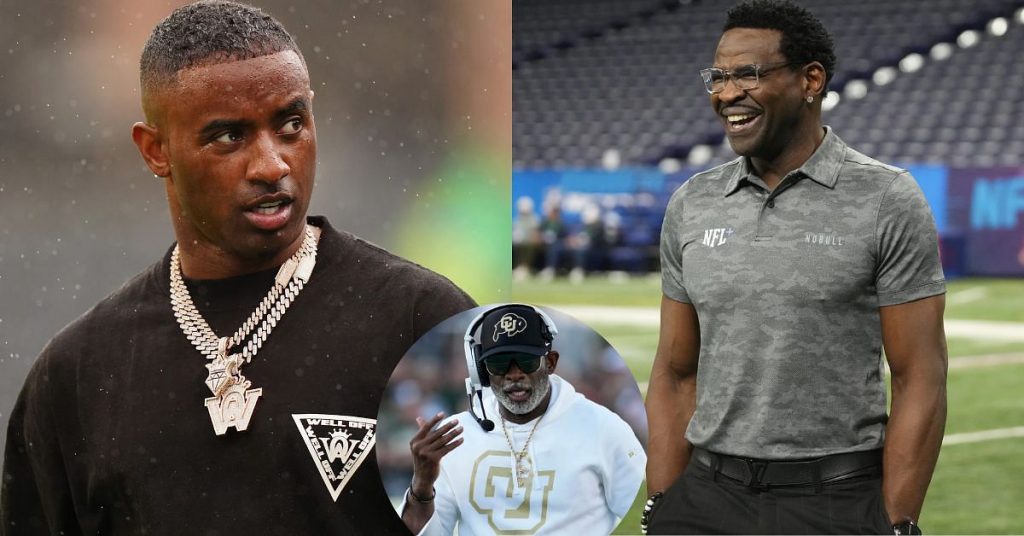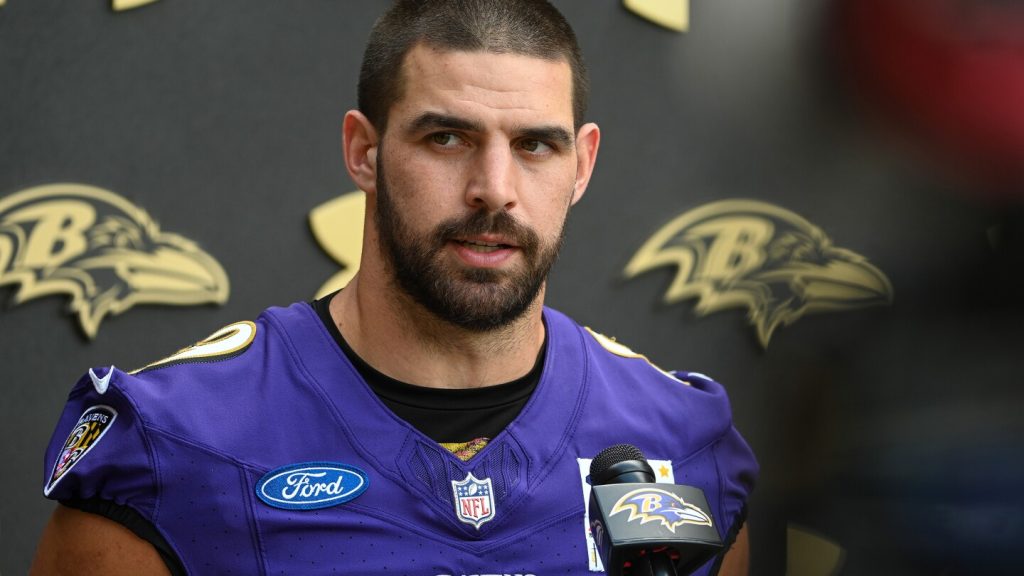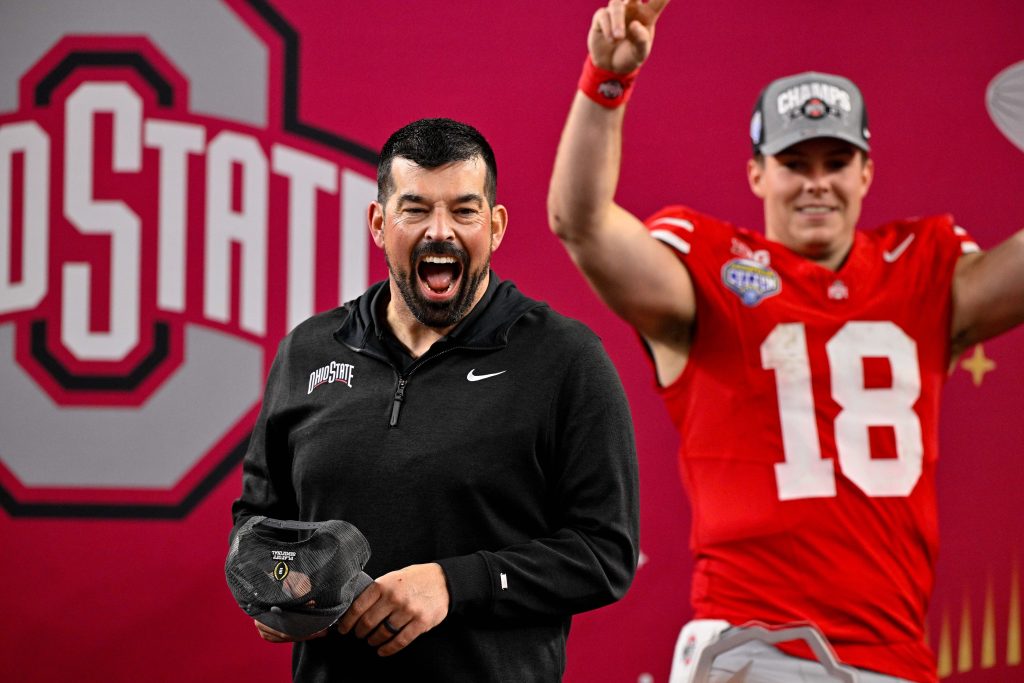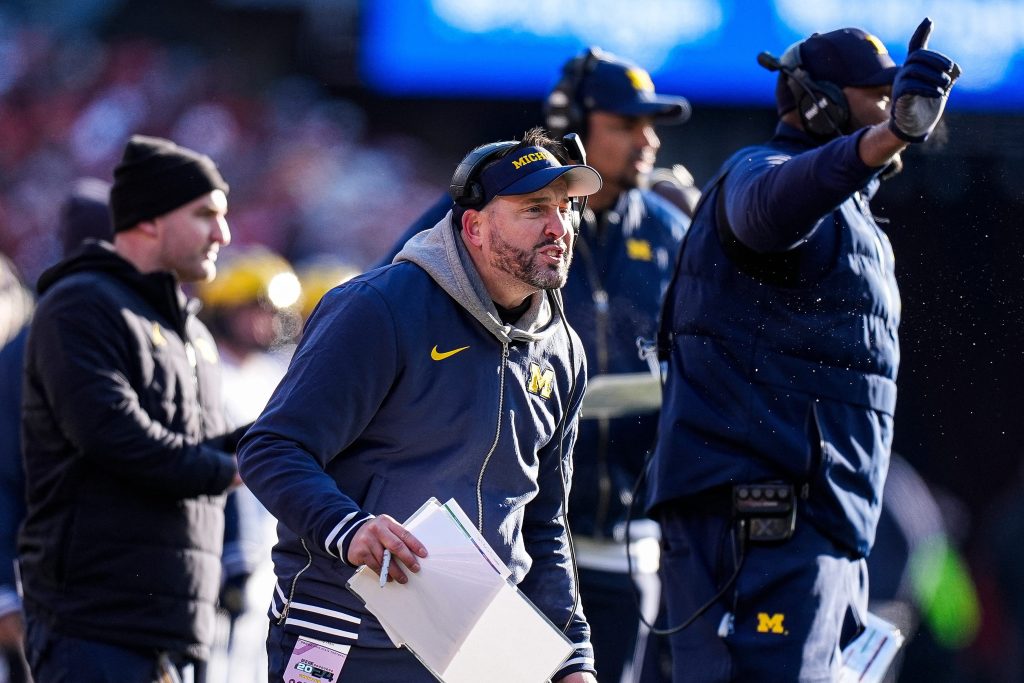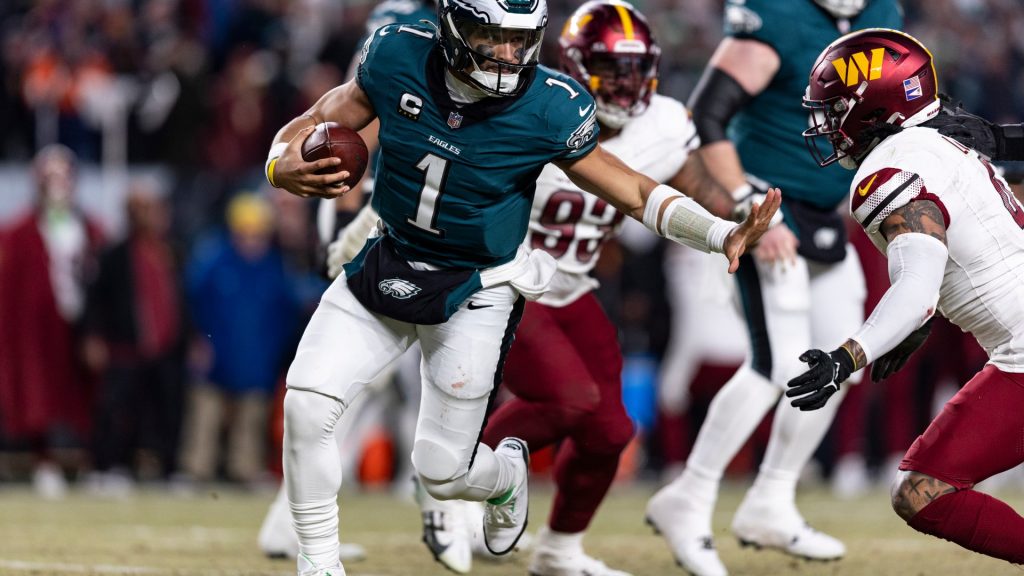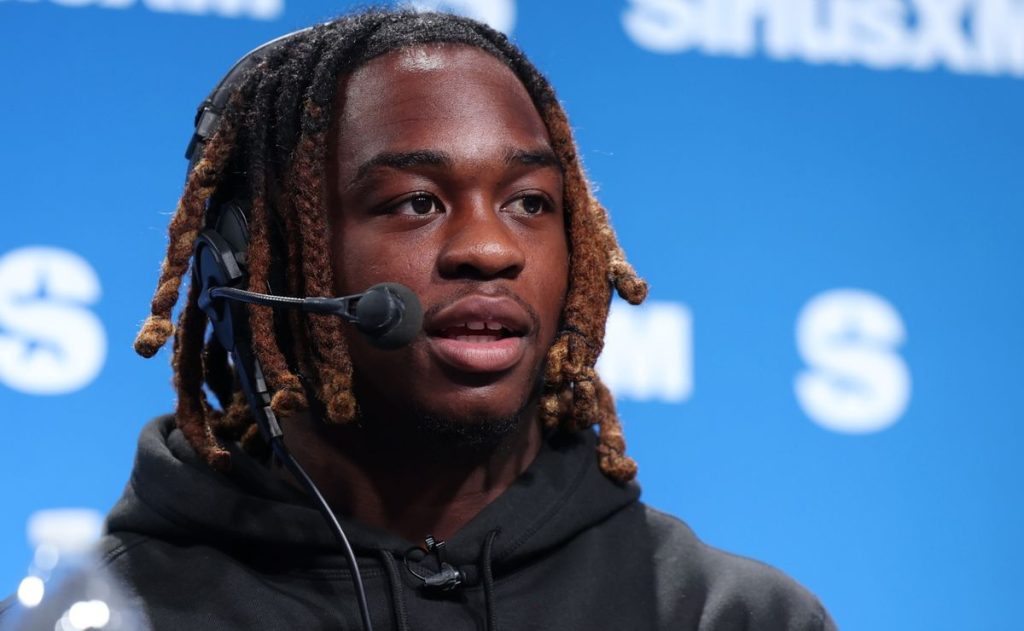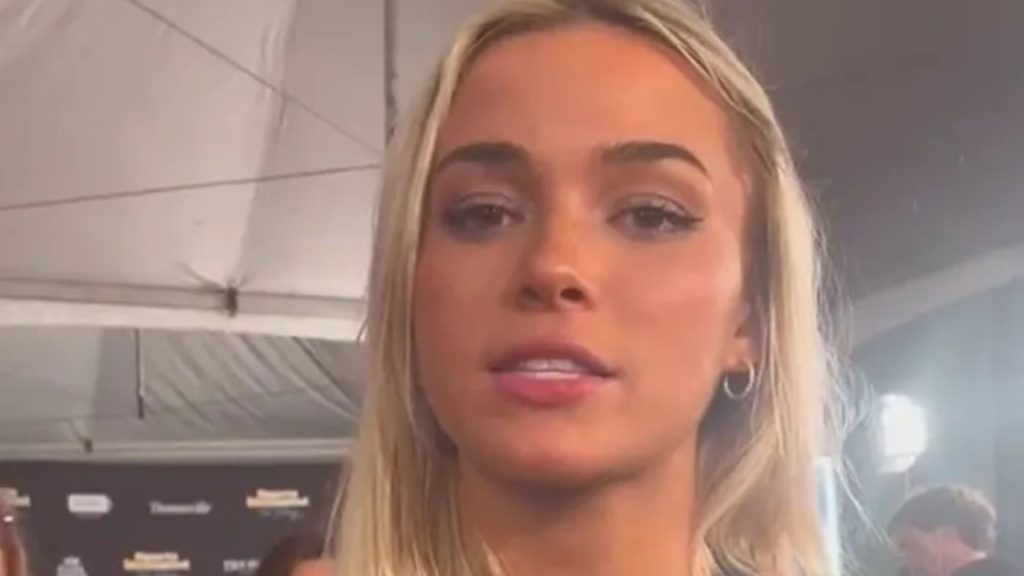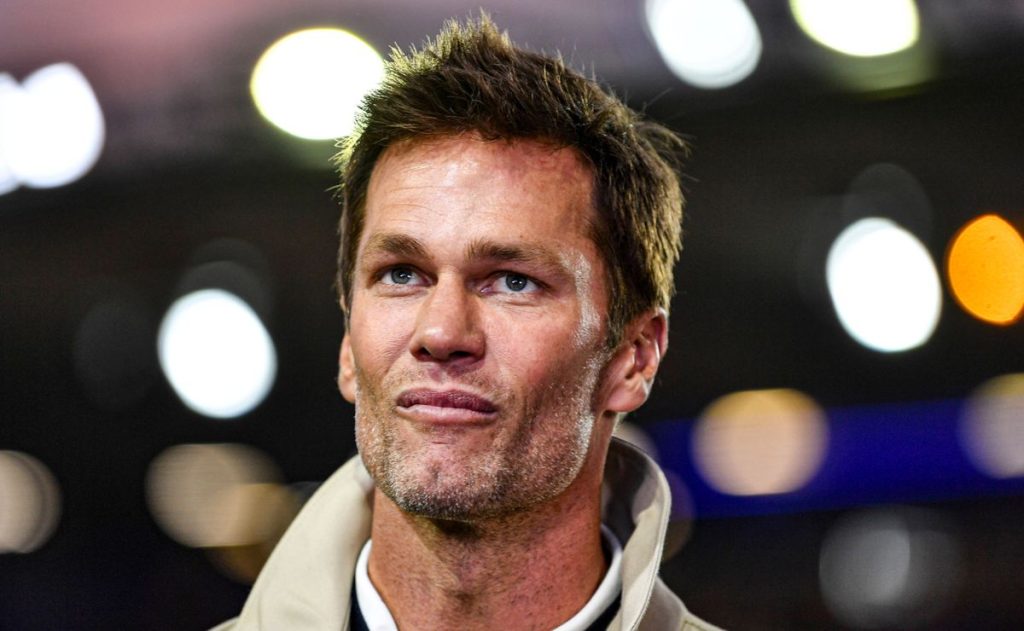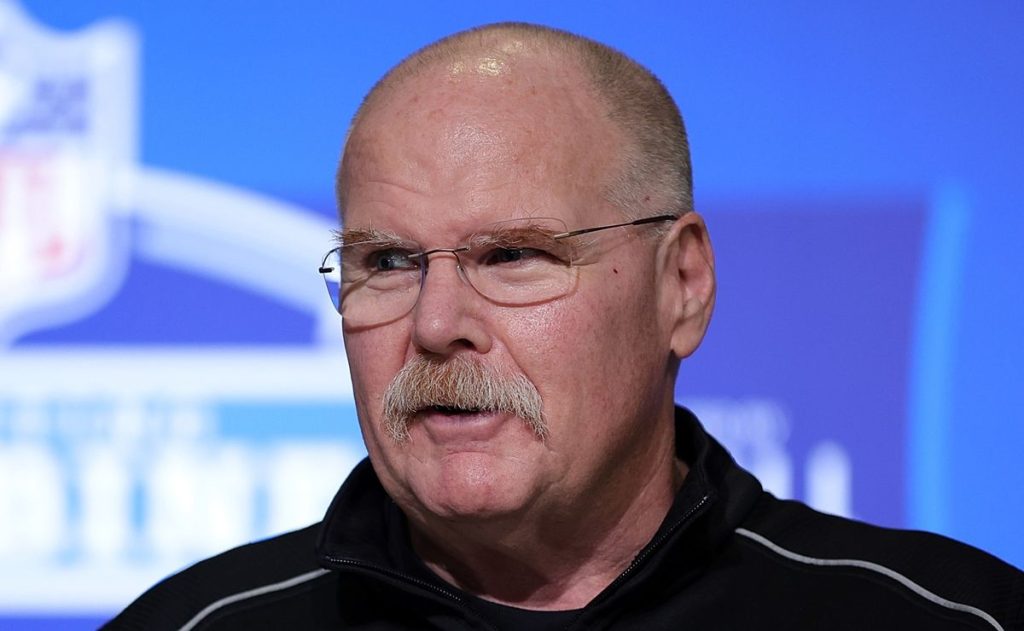The recent ruling by the U.S. District Court of Middle Tennessee has stirred up quite the debate in the world of college football. Judge William Campbell granted Vanderbilt quarterback Diego Pavia an additional season of eligibility, a decision that has left many in the sport questioning the implications for the future of college athletics. This ruling allows Pavia to take the field in 2025, a prospect that has both excited some and raised eyebrows among others.
Understanding the Ruling
Pavia’s case hinged on the argument that the NCAA’s redshirt rule for Junior College (JUCO) players violates antitrust laws. This legal victory essentially means that Pavia’s earlier years at New Mexico Military Institute and New Mexico State will not count against his eligibility, allowing him to play a fifth season at Vanderbilt. For many, this raises a significant question: What does this mean for the integrity of college football and the opportunities available to younger athletes?
Concerns from the Coaching Community
One of the most vocal critics of this decision is Texas head coach Steve Sarkisian, who has expressed serious concerns about the implications of allowing older players to compete alongside younger athletes. “I totally disagree with the…determination on this,” Sarkisian stated. “We chose to go to Junior College football. That’s where we wanted to start and play our careers. So, I don’t understand it at all. We’re going to have guys 28-29 years old playing college football. What’s the point? I don’t get it. I don’t understand it. I totally disagree with it.”
Sarkisian’s perspective is particularly poignant given his background as a former JUCO player. He worries that allowing older players to extend their eligibility could create an age gap that fundamentally alters the dynamics of college football. This is not just about one player; it’s about the future of the sport and the opportunities available to younger athletes who are eager to make their mark.
The NCAA’s Response
The NCAA has not taken this ruling lightly. In a statement, they expressed disappointment, emphasizing their commitment to ensuring that all student-athletes can maximize their name, image, and likeness potential without compromising opportunities for future players. “Altering the enforcement of rules overwhelmingly supported by NCAA member schools makes a shifting environment even more unsettled,” the NCAA stated. They argue that a patchwork of state laws and court opinions only complicates the landscape further, underscoring the need for a cohesive approach to college athletics.
This raises another critical question: How will the NCAA navigate this new terrain? With the potential for legal challenges looming, the organization must consider how to balance the interests of current players while ensuring that future athletes are not left at a disadvantage.
The Bigger Picture: Implications for College Football
The ruling has sparked a broader conversation about the future of college football and the balance between experience and opportunity. If older JUCO players like Pavia are granted additional years of eligibility, what does this mean for high school athletes? Will colleges begin to favor experienced players over fresh talent, potentially limiting opportunities for younger recruits?
Moreover, the prospect of having players in their late twenties competing against teenagers raises ethical questions about the nature of college sports. Is it fair for older, more seasoned athletes to compete in an environment designed for student-athletes who are still developing both physically and mentally?
Pavia’s Journey to Vanderbilt
Diego Pavia’s journey to Vanderbilt has been anything but typical. After two seasons at New Mexico Military Institute, he transferred to New Mexico State for another two years. Each step of the way, he faced challenges that many athletes encounter, but he persevered. Now, with this new ruling, it seems as though his time at New Mexico Military Institute may not count against his eligibility at all, effectively giving him a fresh start in his college football career.
The implications of this ruling extend beyond just Pavia. It could set a precedent for future JUCO players seeking similar opportunities. How will this shape the recruitment landscape? Will colleges start to prioritize older, more experienced players over high school recruits?
Looking Ahead: The Future of College Football
As the dust settles from this ruling, college football fans and stakeholders alike are left to ponder the future. Will we see a trend of older players dominating the field? Will this lead to a more competitive environment, or will it create barriers for younger athletes trying to break into the sport?
The NCAA has the opportunity to challenge the court’s injunction, and many are watching closely to see how this unfolds. The landscape of college football is changing, and with it comes a host of questions that need to be addressed.
In this evolving environment, one thing is clear: the conversation about eligibility, fairness, and the future of college athletics is just beginning. As fans, players, and coaches navigate these changes, the heart of college football remains—an enduring passion for the game and the pursuit of excellence on and off the field.

